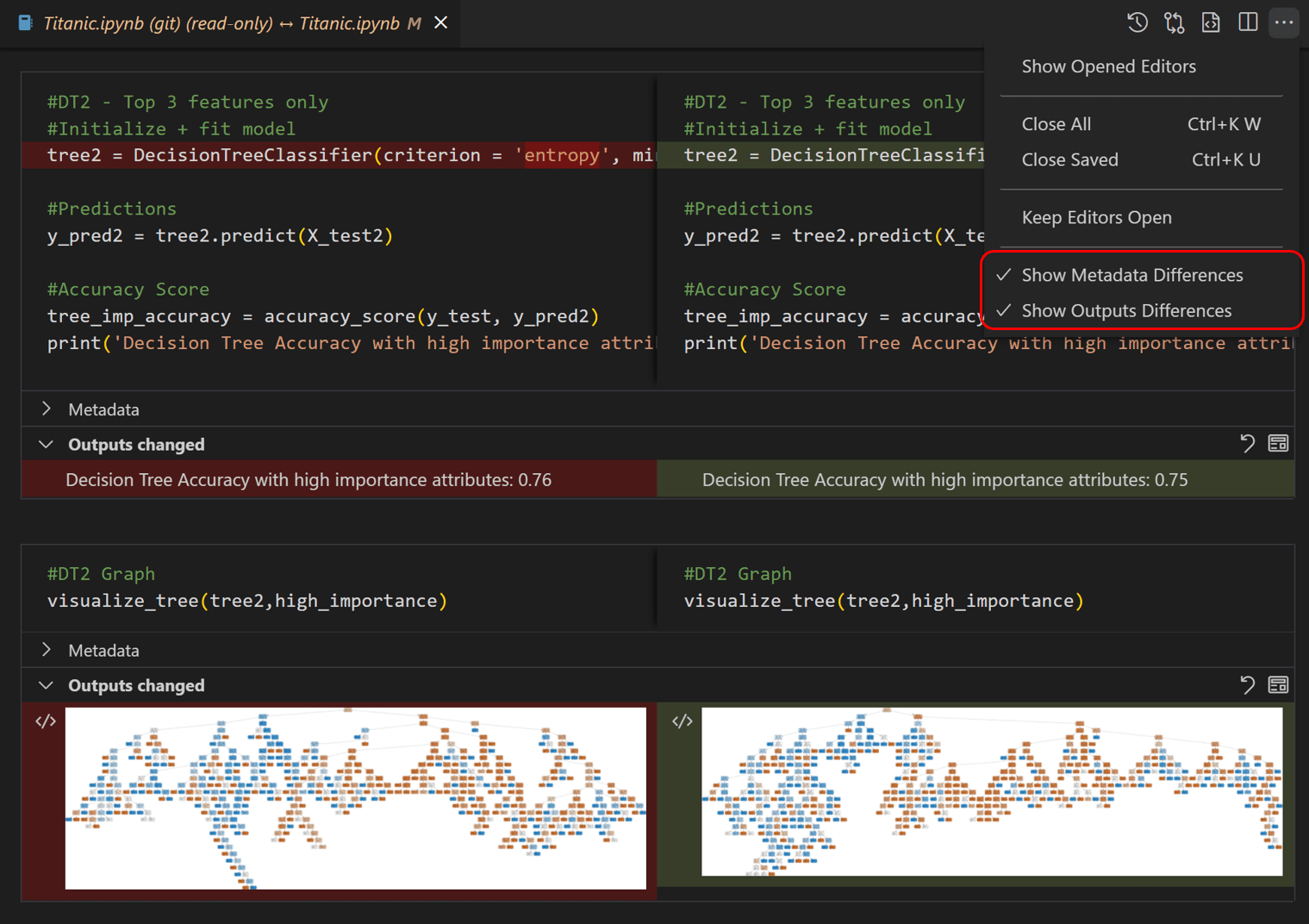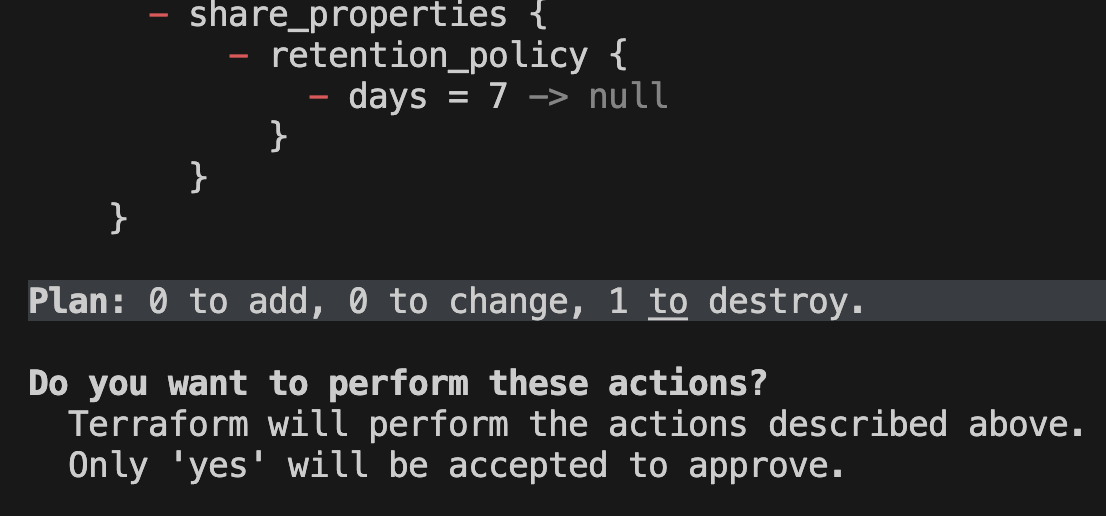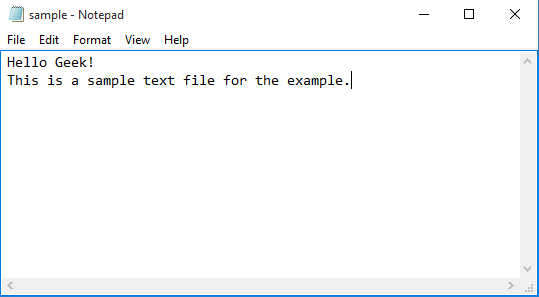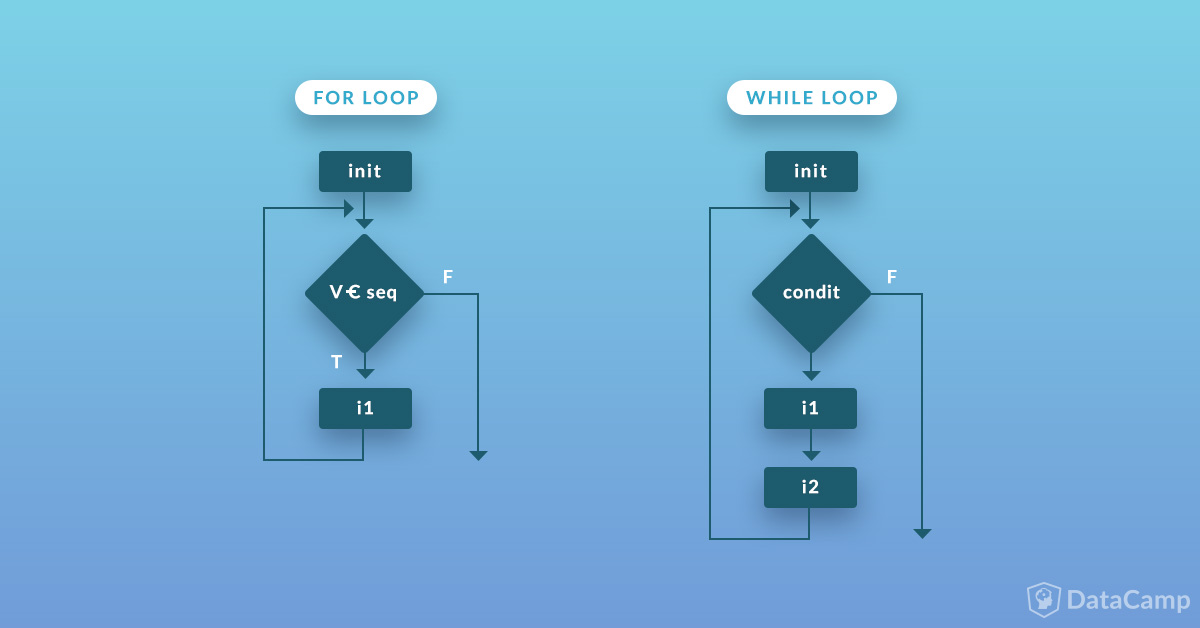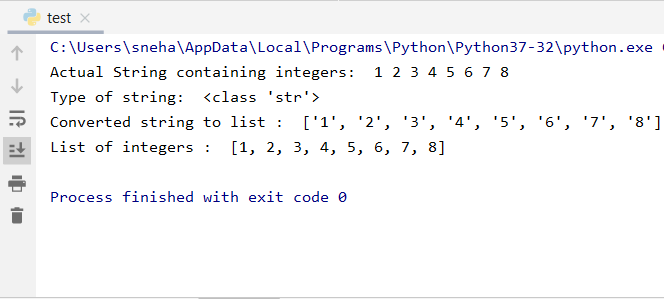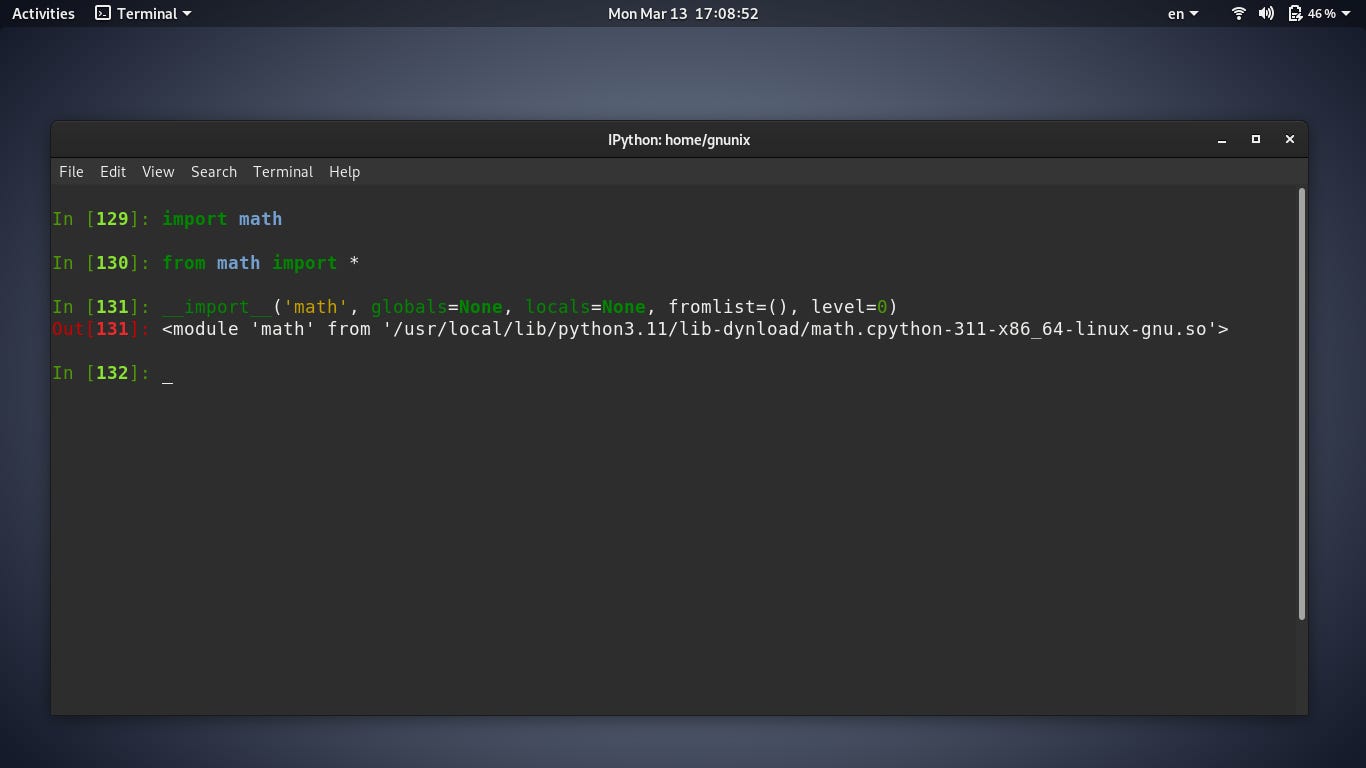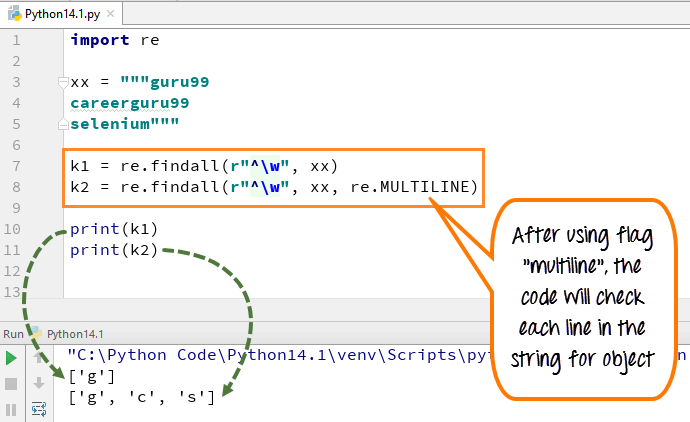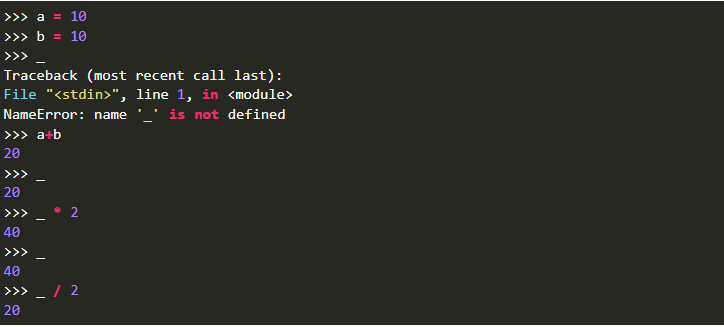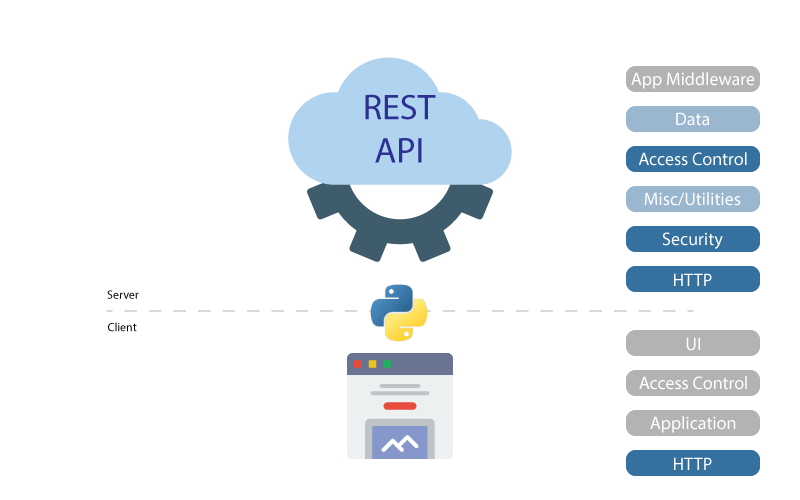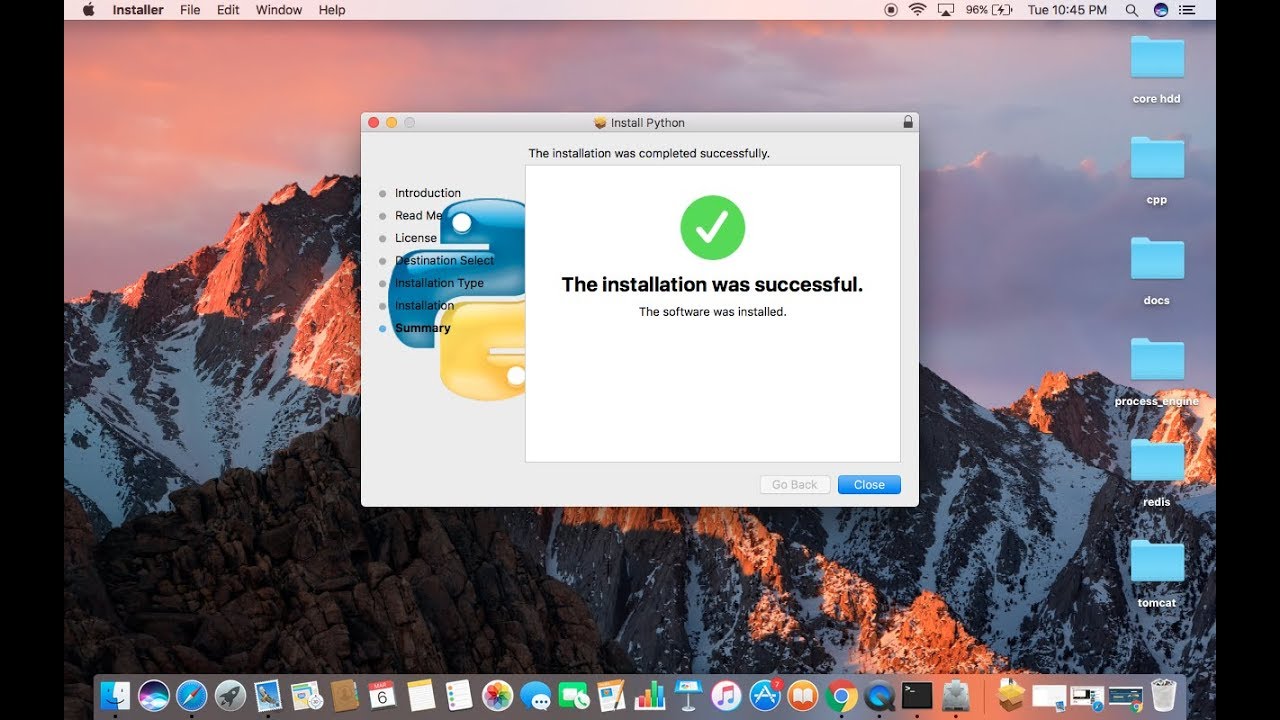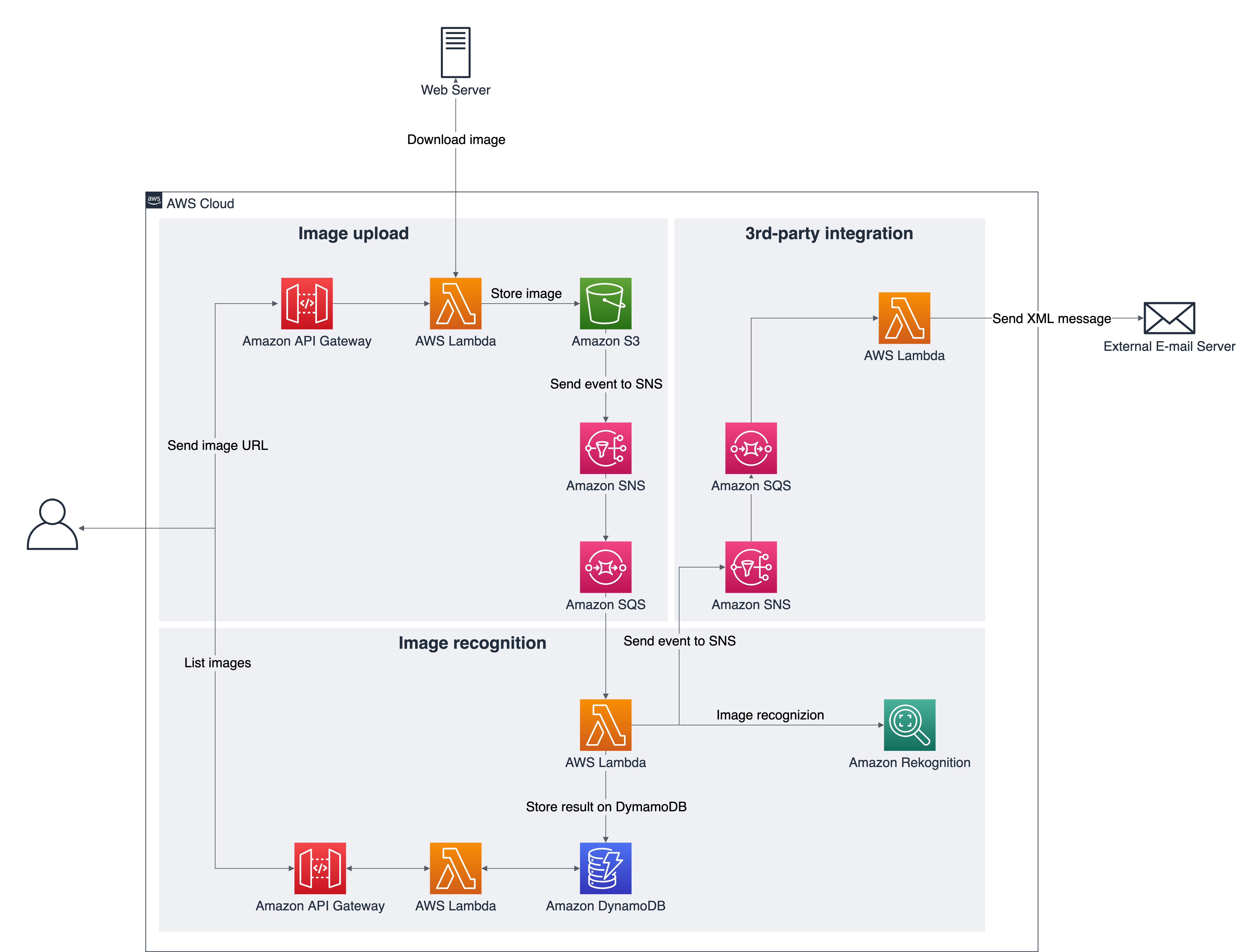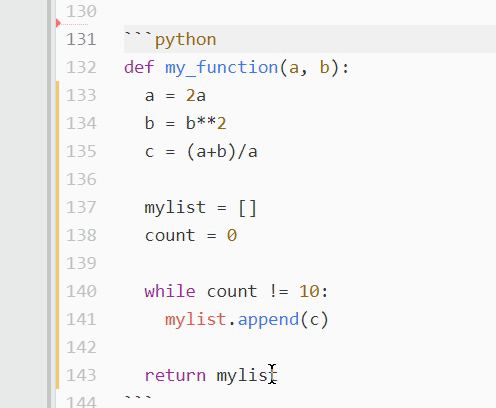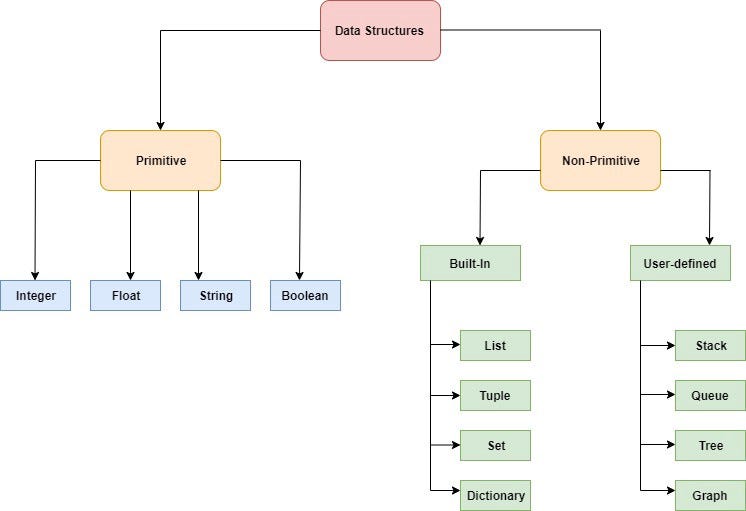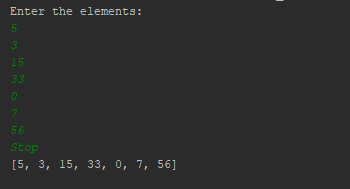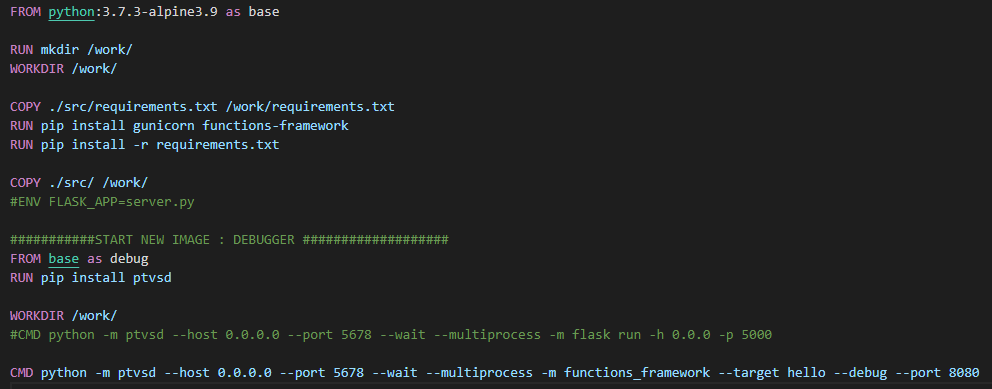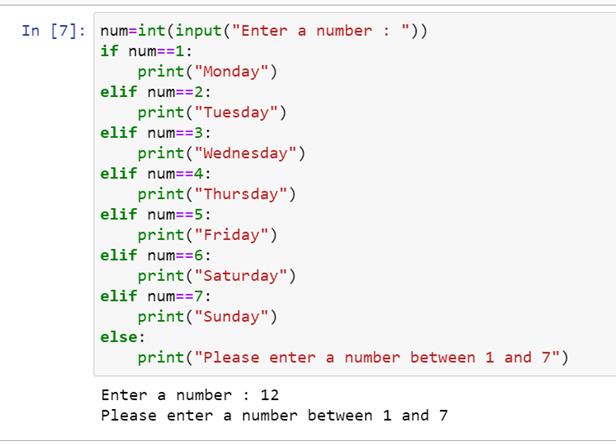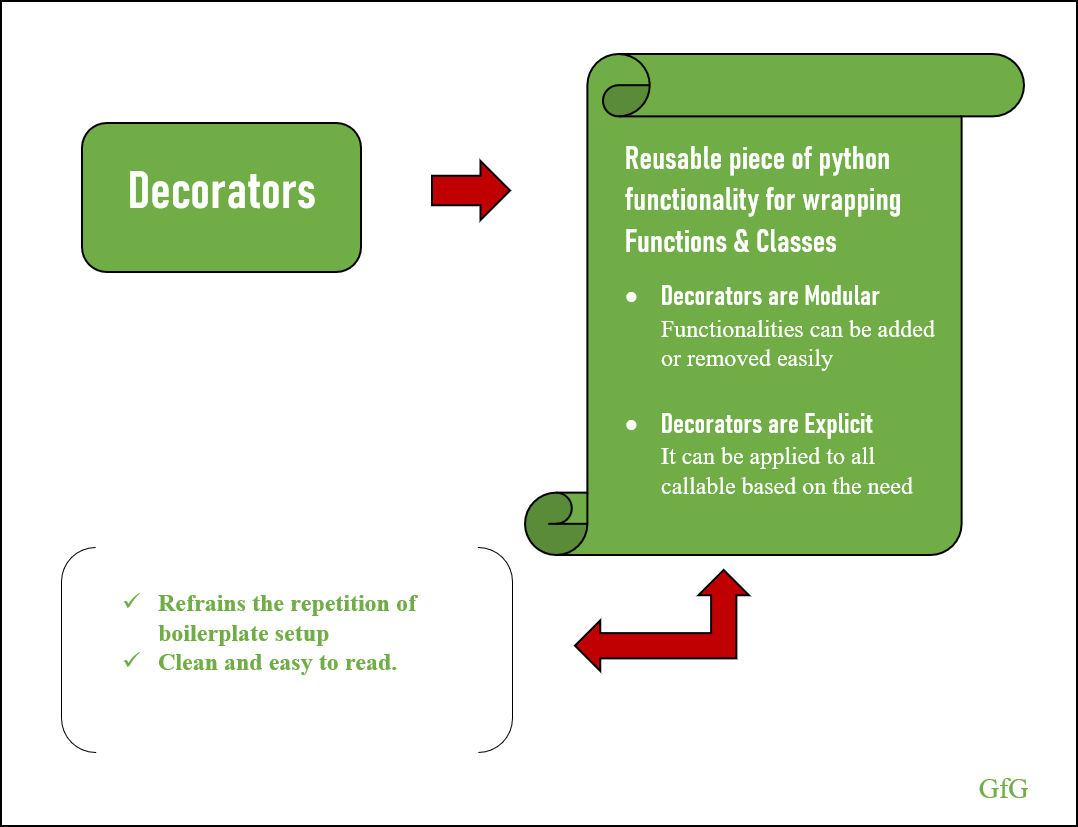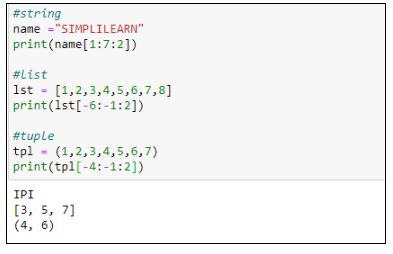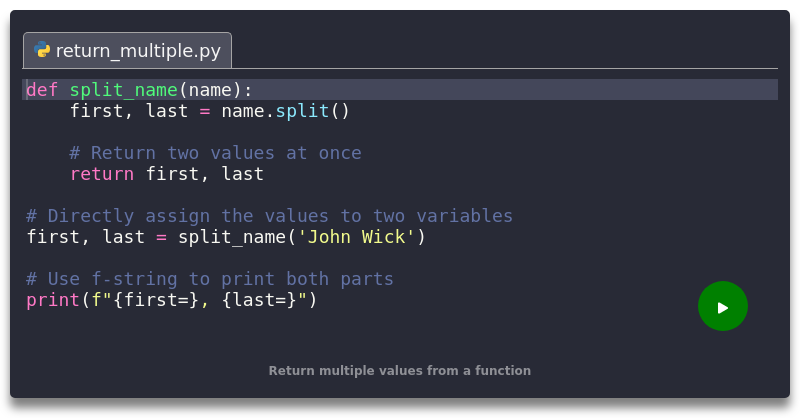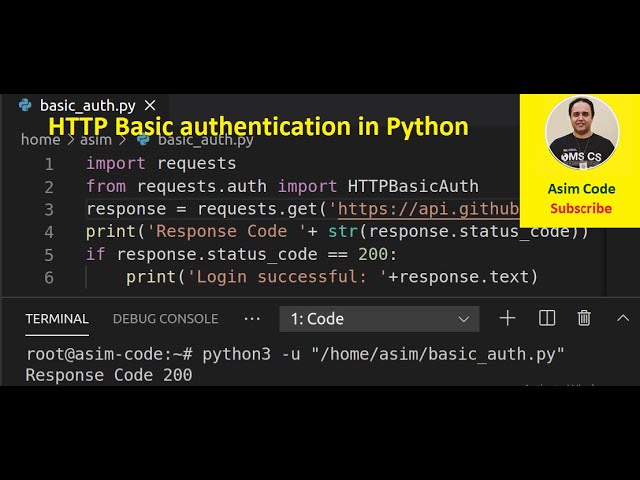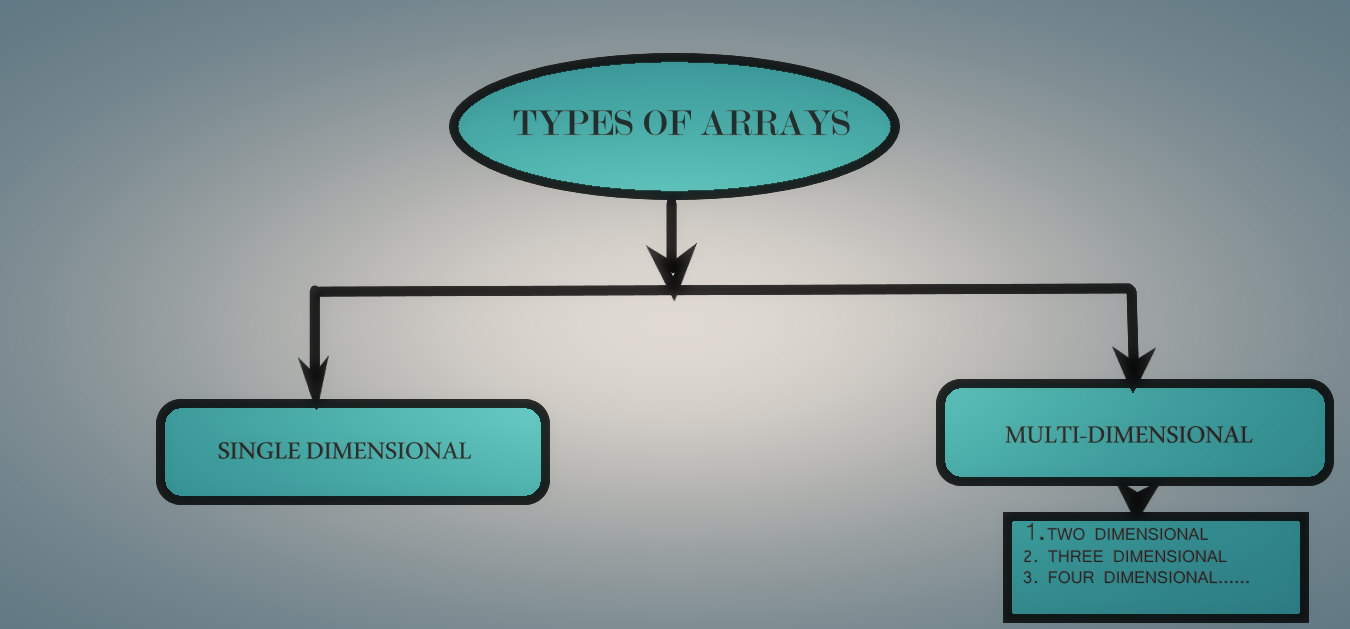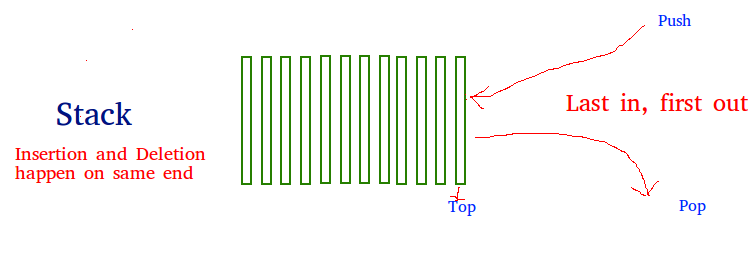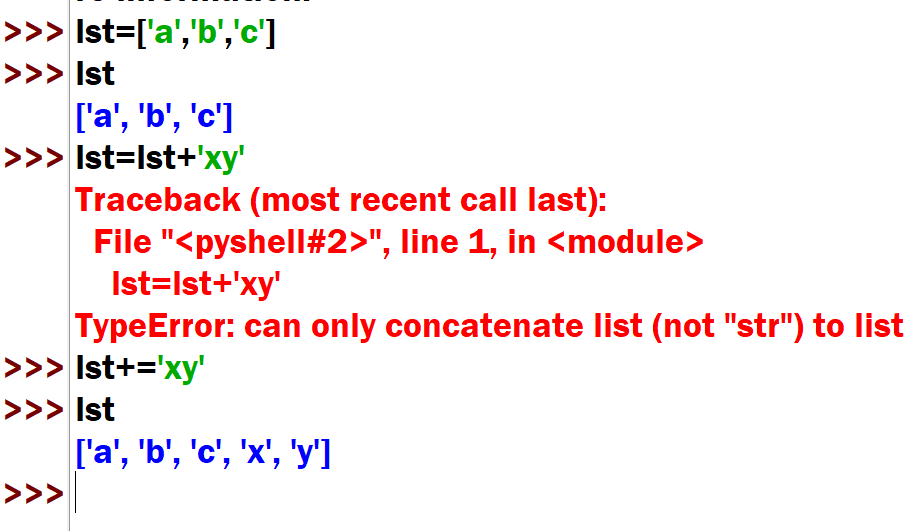How to avoid global variables Python
How to avoid global variables Python
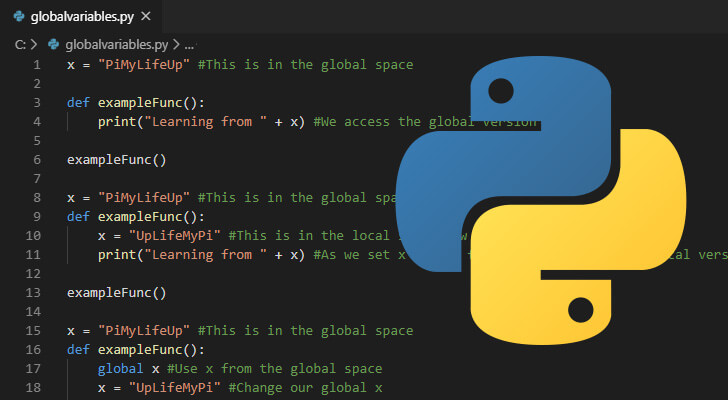
I'd be happy to help you with that!
Global variables can be problematic in any programming language, including Python. Global variables are variables that have been declared outside of a function and thus are accessible from anywhere within the program. While this might seem convenient at first, it can lead to issues such as:
Tight coupling: When multiple parts of your code rely on global variables, changing one part of your code becomes riskier because it may have unintended consequences elsewhere in the program. Difficulty debugging: With many dependencies and connections between different parts of the code, debugging a problem becomes more challenging. Overuse or misuse: Global variables can lead to overuse or misuse if they're used too liberally or without proper control.To avoid global variables in Python, follow these best practices:
1. Use local variables whenever possible: Declare variables inside functions where they are needed. This way, the variable's scope is limited to that function and does not affect other parts of your code.
2. Create encapsulated objects: Instead of using global variables, create classes or objects with attributes (data) and methods (functions). This way, you can control access to those data and methods through encapsulation.
3. Use dictionaries or data structures as alternatives: If you need to store some data globally, consider using a dictionary or other data structure as an alternative. You can still have global access while maintaining better control over the data.
4. Pass variables explicitly: When you need to use a variable across multiple functions or parts of your code, pass it as an argument to those functions instead of relying on global variables.
5. Use design patterns and principles: Apply design patterns like Single Responsibility Principle (SRP) and Separation of Concerns (SoC), which promote modularization, encapsulation, and minimal coupling between different parts of your code. This will help you avoid the need for global variables in the first place.
Here's a simple example to illustrate this:
Suppose you're writing a game where players can collect power-ups. You might be tempted to use a global variable player_power to keep track of the player's current power level. However, you could instead create an Player class with attributes name, power_level, and methods for updating or getting the power level.
class Player:
def init(self):
self.name = "John Doe"
self.power_level = 0
def add_power(self, amount):
self.power_level += amount
player = Player()
print(player.power_level) # prints: 0
player.add_power(10)
print(player.power_level) # prints: 10
By using classes and objects, you've encapsulated the data (power level) and provided control over how that data is accessed or changed.
In conclusion, to avoid global variables in Python, use local variables whenever possible, create encapsulated objects, pass variables explicitly, and apply design patterns and principles. This will help you write more modular, maintainable, and robust code.
Let me know if you have any further questions!
Why not use global in Python?
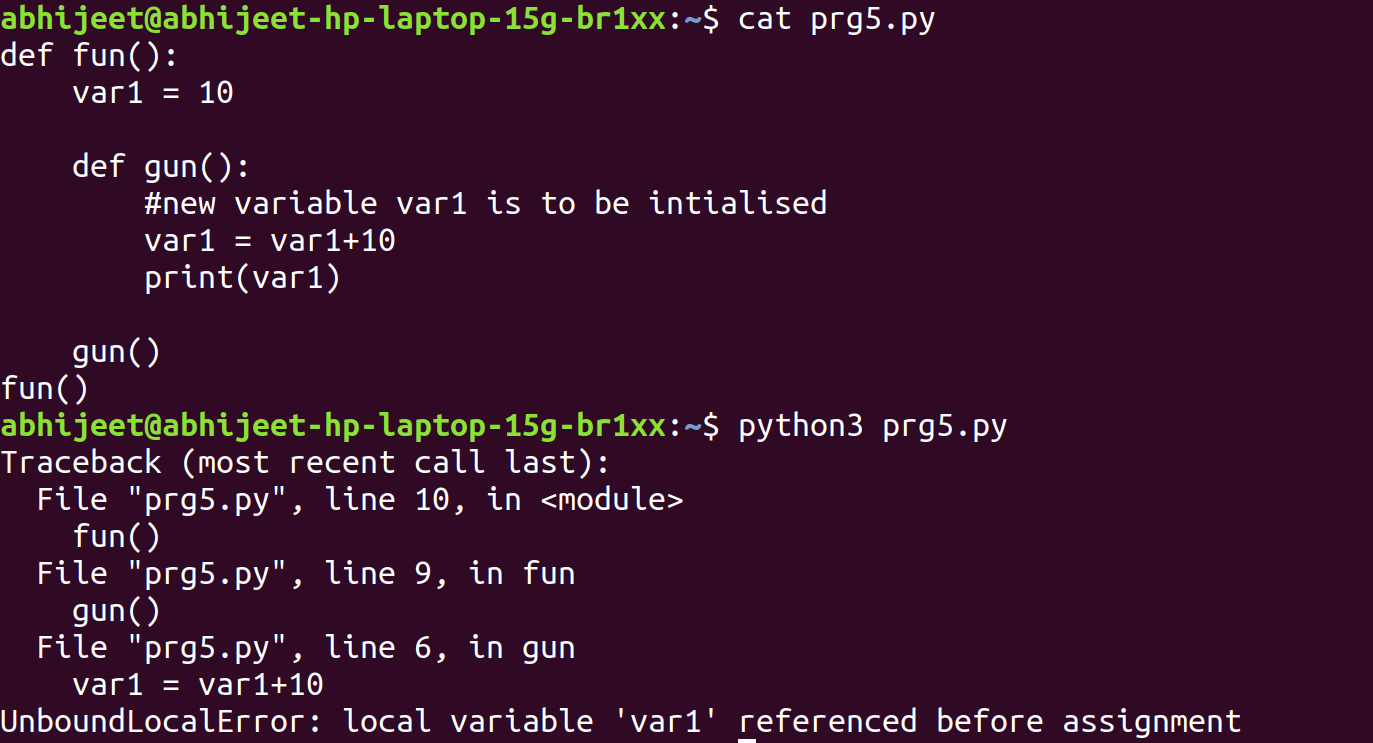
The infamous global statement in Python! Let's dive into why you might want to avoid it and explore alternative approaches.
What is the global statement?
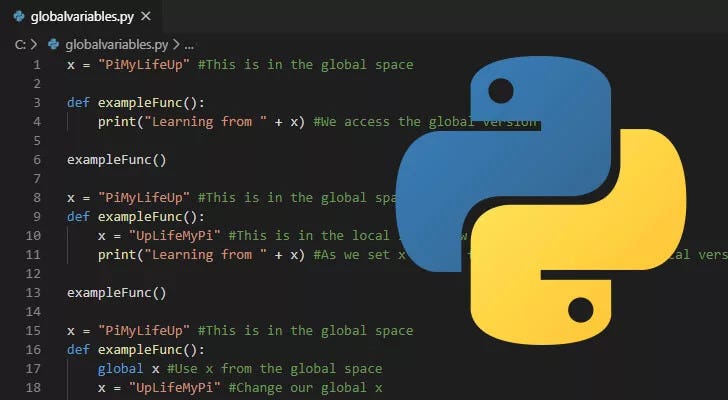
In Python, when you assign a value to a variable within a function or method, it creates a new local scope. This means that any changes made to that variable are specific to that particular function and won't affect other parts of your code. If you want to modify a global variable within a function, you need to use the global statement.
The syntax is simple: global var_name. For example:
x = 10 # global variable
def change_x():
global x
x = 20
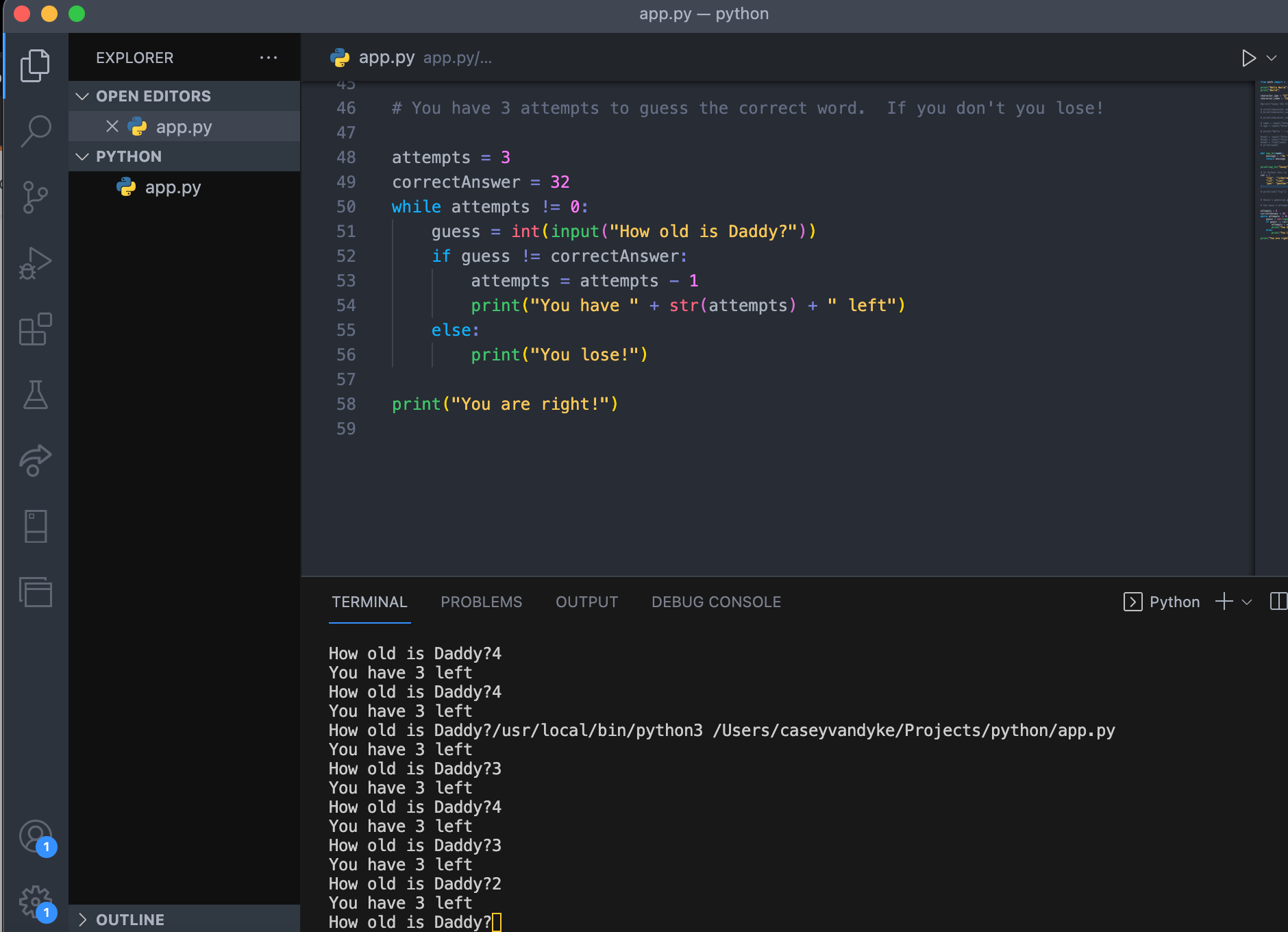
change_x()
print(x) # Output: 20
Why you might not want to use the global statement
global variables, it can lead to tight coupling between different parts of your code. This makes it harder to reason about your program's behavior and increases the risk of introducing bugs. Namespace pollution: The more global variables you introduce, the greater the chance of naming conflicts with other parts of your code or external libraries. Debugging complexity: When something goes wrong, it can be challenging to track down issues related to global variables.
Alternative approaches
So, what's an alternative to using global? Here are a few strategies:
def process_data(data):
do something with data
return processed_data
data = [1, 2, 3]
processed_data = process_data(data)
print(processed_data) # Output: [4, 5, 6]
class DataProcessor:
def init(self):
self.data = [1, 2, 3]
def process_data(self):
do something with data
return processed_data
processor = DataProcessor()
processed_data = processor.process_data()
print(processed_data) # Output: [4, 5, 6]
logging module). This allows you to decouple dependencies and make your code more modular.
import logging
setup logger with custom handlers
logger = logging.getLogger('my_logger')
def process_data(data):
log data processing
logger.info(f"Processing {data}")
process_data([1, 2, 3])
In conclusion, while the global statement can be a quick fix for modifying global variables, it's generally better to avoid using them and instead adopt more modular and scalable design approaches. By passing data as function arguments, using OOP, or leveraging dependency injection, you'll write code that's easier to maintain, debug, and extend.
